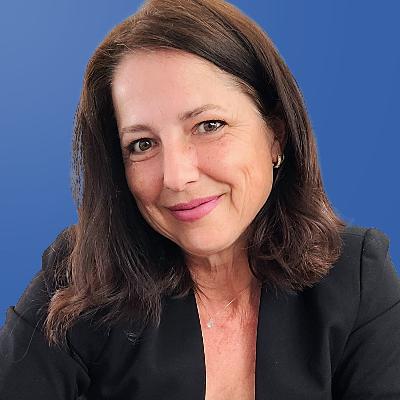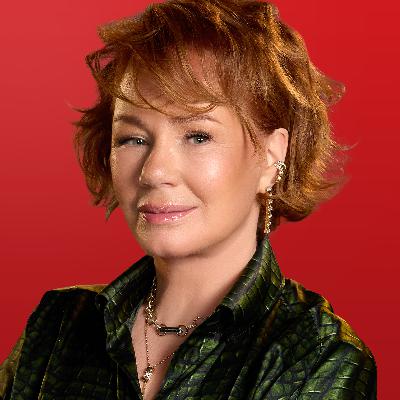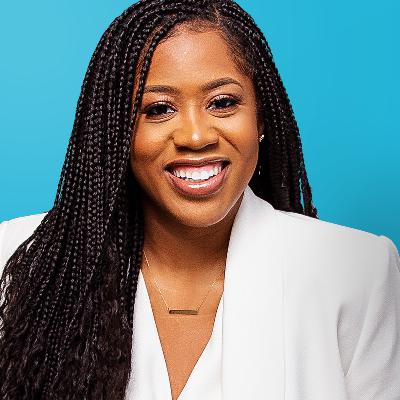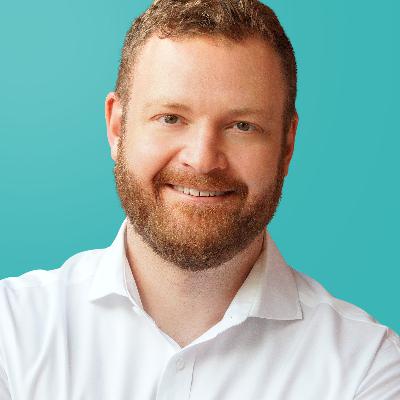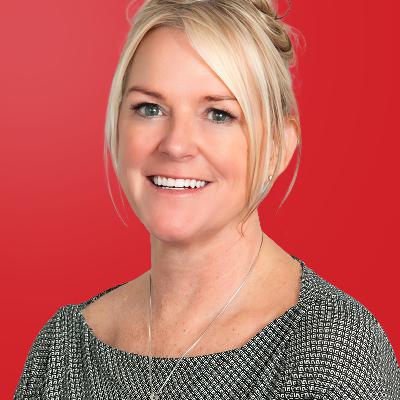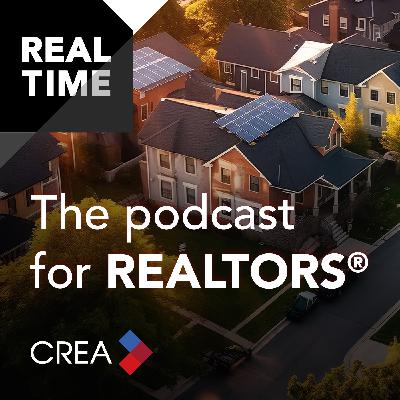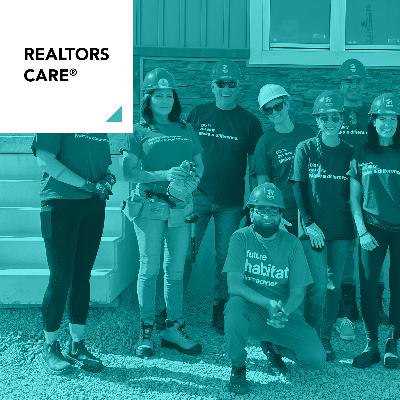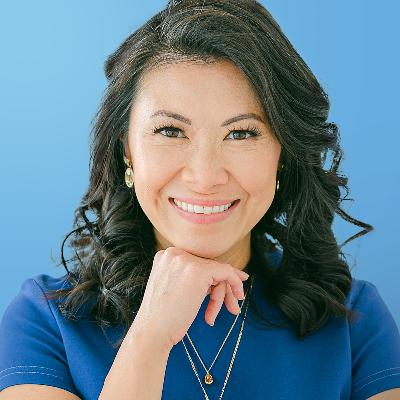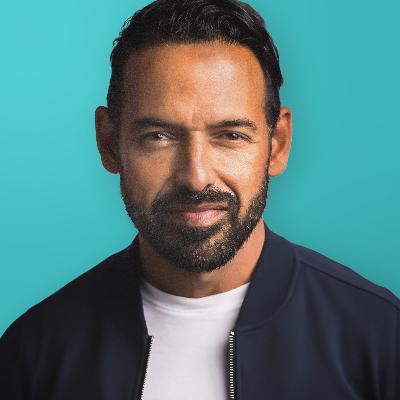Episode 62: Protect Your Peace: The Value of Home Inspections – Victoria Ballantine
Description
Home inspections might be optional, but the peace of mind they can bring by saving both buyers and sellers from unexpected expenses and headaches down the line makes them worth doing. As REALTORS®, you know there are times when inspections might slow the process or seem less-than-necessary at first glance, so, it’s important to know what red flags to look for and be able to advise your clients about bringing in an inspector.
On the latest episode of the REAL TIME podcast, certified home inspector Victoria Ballantine joins host Shaun Majumder to reinforce the value of a home inspection not only when you’re buying or selling, but even before you list a home. Why? Well, you’ll have to listen to find out.
Learn more about Victoria Ballantine and her home inspection process at AllegiantInspections.ca.
Transcript
Shaun Majumder: When I say unfinished basements, how do you react?
Victoria Ballantine: I find some of the worst things on new builds. Water is the enemy.
Shaun: Water is the enemy.
Shaun: Home inspections are a crucial part of the buying and selling process. They can reveal hidden issues with the home. They could save money. They ensure safety, which gives buyers and sellers that extra peace of mind. REALTORS®, it's important to really understand what these inspections cover so that they can guide their clients through this complicated process.
Today, we're being joined by the one and only Victoria Ballantine. When I say one and only, I mean it because she is the one and only female home inspector in all of BC's Lower Mainland. She’s got 25 years of construction experience. Today, she's going to talk to us about the process, the ins and outs of home inspections, some of her wild discoveries, and how to work well with an inspector through this crazy process. I think you're going to really like it. It's so much fun. Let's get to it. This is great. Victoria, welcome to REAL TIME. How are you doing?
Victoria: Excellent. Thank you for having me.
Shaun: This is so cool. Now, listen, being the only female home inspector in all of Lower Mainland BC, it sounds like you should have a trophy, a plaque. You should have a statue. Is this kind of a big deal? Are there no other female home inspectors?
Victoria: If you want to take a ferry for quite a fair ride over to Vancouver Island, there are some excellent female home inspectors there. If you want to go way far away into wine country, there's also some awesome women up there. Everywhere else down here in this corner of the planet, I am the only one. I've been saying that I deserve statues, but so far, no one–
Shaun: I think so.
Victoria: At least I get a Victoria Day long weekend.
Shaun: Exactly. Dedicated just to you.
Victoria: Just me.
Shaun: I love that. No, I think that's amazing, because when you think about home inspectors, I've seen a lot of them, and none of them are like you. I always wonder, what does it take to become a home inspector? You've got 25 years of experience in the construction industry, which is an amazing accomplishment there. To go from just working in construction to becoming a home inspector, what does that take in Canada?
Victoria: It's different depending where you live. BC and Alberta are the only two provinces where a license is required to call yourself a home inspector. We are licensed under Consumer Protection BC. We have to uphold certain standards, including the amounts of insurance for errors and omissions that we carry. We have standards that we have to adhere to for report writing.
Basically, it comes down to about a year and a half of training that we have to take, which includes 50 to 100 hours of field training and then courses in absolutely every part of a home that you could imagine, which I thought I would know more about having owned and operated a construction company for residential homes for years. Then you realize that you sub a lot of stuff out. I had to learn everything about electrical, plumbing, roofing, foundations, exterior cladding. You name it. I had to learn it.
Shaun: Right. Before, when you were running your company, tell me about that transition. What were your priorities when you were running this company? Then how has that shifted to becoming an actual inspector?
Victoria: We were, I don't want to say, perfectionists, but those were the standards that we aimed for.
Shaun: That's good.
Victoria: Yes, it's impossible to achieve, but you always want to do your best. I always like to explain to people that there's building code and then there's best practices. Building code is the bare minimum you're allowed to get away with, and best practices are best practices. There's better ways of doing things that will make your value better. It'll last longer. It'll look nicer.
Shaun: That's going above and beyond.
Victoria: Yes, and that's what we did. Now that I'm a home inspector, that's also what I adhere to: going above and beyond.
Shaun: It sounds like you come with that built-in set of values, that certain level of expertise that you put upon yourself. Are all inspectors like that, or do you think that that is something that you bring uniquely to what you do now?
Victoria: I highly doubt that every inspector is like that, and I'm sure I'm not the only person that is like that. It's a personality thing. I am a firm believer in "Don't bother. No half-assing. If you're going to go in, you do your best and try your hardest at everything.” That's how I run my business.
Shaun: Right. That's amazing. When I heard all of the things that you had to learn, I'm sure you were great at administrative, and you understood broadly about construction and home-building, and all the permitting and all the rest. Of all those skills now that you had to learn and now that you're an inspector, what were your favorite, what were your most challenging to digest and understand, and where do you like to put yourself? Are you an expert in any one of those things?
Victoria: I am not an expert in any one of those things. I like to explain that I am like a GP, your doctor. You're going to go to your doctor for broad-stroke things. They're going to say, "Yes, that's something wrong with you, but you need a specialist." That's what I will do, too. I will come in and say, "Oh, boy, this electrical panel is a mess. This shouldn't be this way. This shouldn't be that way. You absolutely need to speak to an electrician about how to move forward with this."
Shaun: As a general practitioner, are there some of the skills that you really enjoy just as a person, as Victoria, like digging into and wanting to learn more about? I know generally you have to know everything, but where are your favorites?
Victoria: This is going to sound odd, but I would say people management skills are my favorite. I really love working with my clients. I love learning. I don't appreciate school as much. The value of learning, I absolutely love, learning new and interesting things. I just try and keep on top of what's happening, like things that maybe other inspectors don't know.
It's not as much a fact as me keeping in contact with insurance brokers and finding out what's coming down the pipe for insurance companies, being able to tell my client things like that. "They might not cover you in the near future for this. This is what I've heard. It shouldn't affect what you're doing right this second, but just know it might affect you in the future."
Shaun: Victoria, when you're talking about people management, human beings, they're very hard to manage. Who are you talking about? Are you talking about clients? Are you talking about builders? Tell me more about that, like which people?
Victoria: In my past, I have been the manager for my son's hockey team for many years. Quite frankly, managing the parents was much harder than managing the team itself.
Shaun: Hockey parents, yes, they can be a bit much.
Victoria: Yes, especially when it's a house. I actually love helping my clients, making them feel really comfortable, making them know that somebody's in their corner, no matter when. I will answer questions before I do the inspection. I will answer questions during the inspection. I will answer questions a year after. Years after the inspections, I'm there.
Shaun: Even after?
Victoria: Oh, yes, absolutely.
Shaun: How so?
Victoria: If somebody wants to call me up 10 years from now and say, "Listen, that house that you inspected, I don't know if you remember, had this, and now this is happening," I'm happy to walk them through any questions that they might need answered to figure out what to do about it. If it's a completely different house, I'm still happy to answer questions.
If they've got a water stain on your ceiling, I can help them figure out, "Could it be coming from a bathroom upstairs? Could it be coming from the roof?" by just asking the right questions so that they are able to figure out who they need to call. Do they need to call a plumber? Do they need to call a roofer? I always tell

